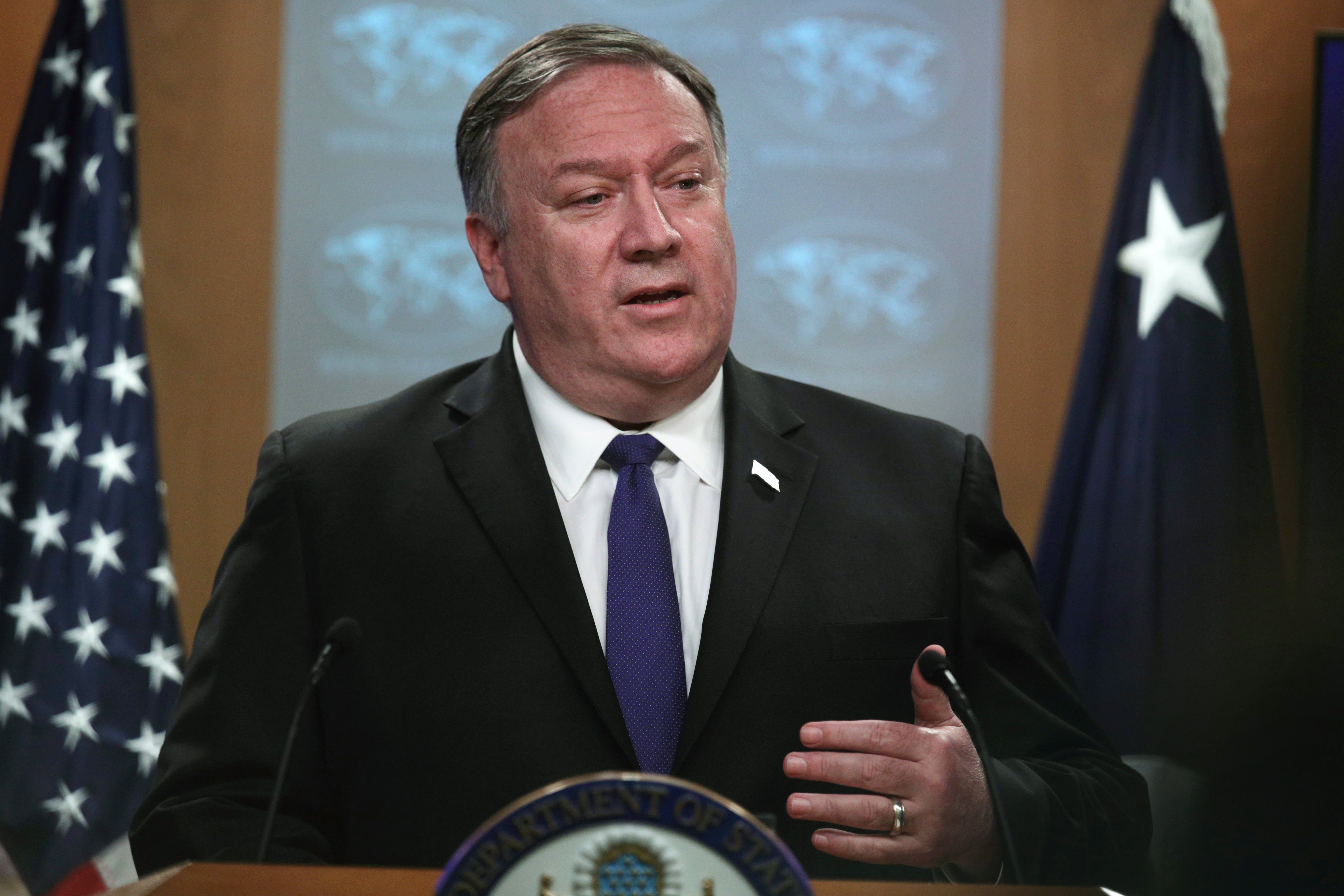Saudi Arabia Ends Travel Ban for US Citizen Jailed Over Critical 2021 Tweets
 Saudi Arabia
Human Rights
Saudi Arabia
Human Rights

Saudi Arabia has reportedly lifted a travel ban on a US citizen, initially imposed due to critical tweets posted in 2021, signaling a potential shift.
Saudi Arabia Lifts Travel Ban on US Citizen Over 2021 Critical Tweets
Please note: The full content of the original news article was not available due to a retrieval error (403 Client Error). This analysis is based solely on the provided headline.
The headline, "Saudi Arabia Lifts Travel Ban On US Citizen Over 2021 Critical Tweets," signals a notable development regarding an American citizen who had previously faced travel restrictions imposed by Saudi authorities. These restrictions were reportedly a consequence of critical comments made on social media in 2021.
Implications of the Decision
The decision by Saudi Arabia to lift such a ban, particularly one tied to an individual's exercise of freedom of expression, carries significant weight. This action could be interpreted as a potential shift in the Kingdom's stance on dissent, particularly when involving foreign nationals, or it might reflect ongoing diplomatic discussions and relations between Riyadh and Washington. For the affected US citizen, this move restores their freedom of movement, potentially bringing an end to a period marked by considerable personal and legal uncertainty.
Context and Broader Ramifications
Historically, Saudi Arabia has enforced stringent regulations concerning public criticism, with measures often taken against actions perceived to harm the kingdom's image or stability, including online discourse. Therefore, the reversal of a travel ban under these specific circumstances could be viewed through multiple lenses: as a diplomatic overture, a response to international advocacy, or an indication of evolving internal policy. Lacking the detailed information that the full article would provide, the exact motivations behind this decision and its wider implications remain open to informed speculation. Nonetheless, the headline itself highlights the intricate interplay between national sovereignty, individual human rights, and the complexities of international diplomacy.